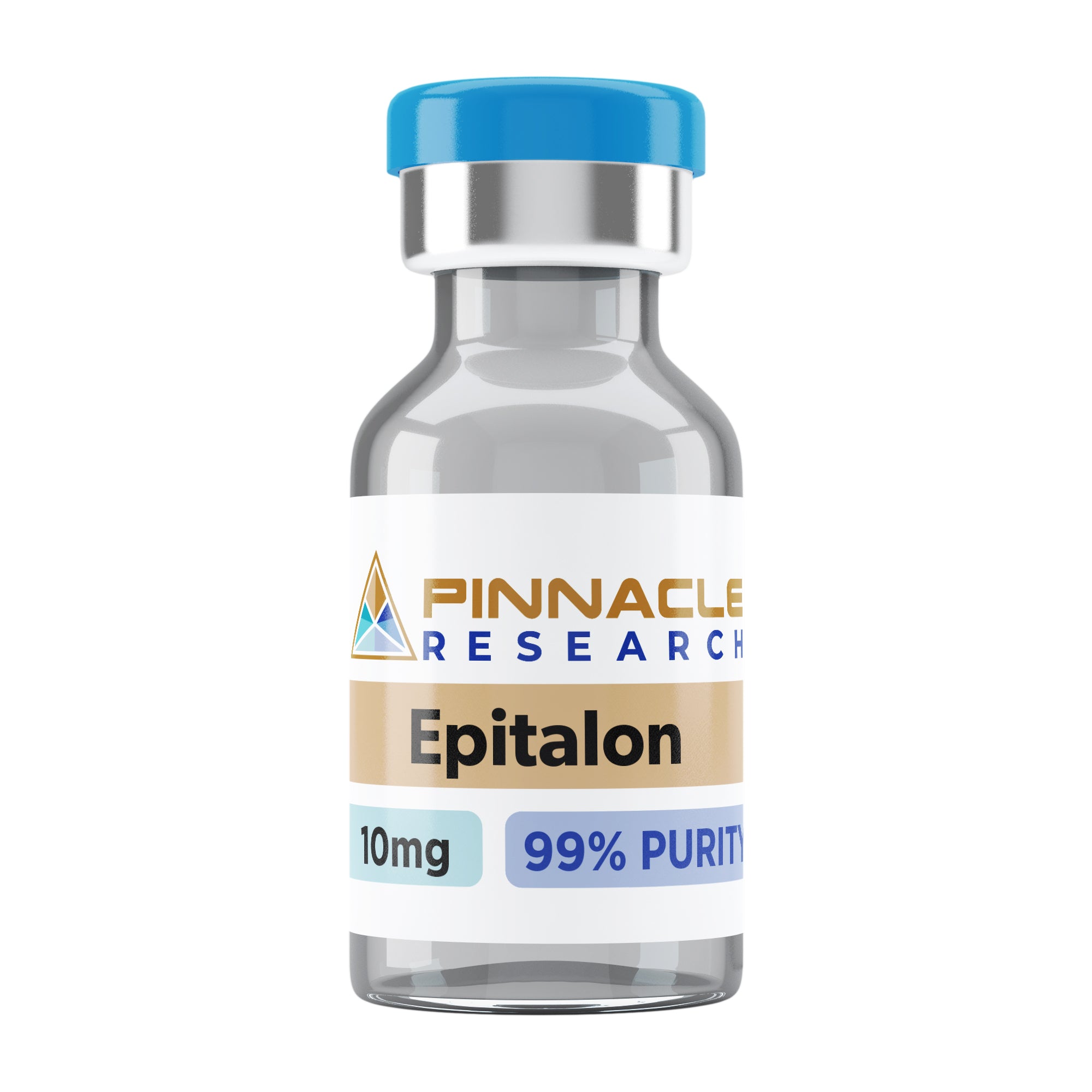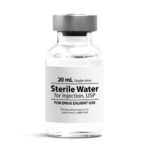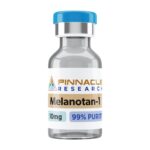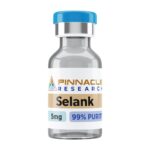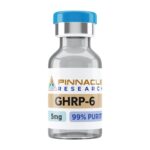About Epitalon
Research studies suggest that Epitalon triggers telomere elongation. Epitalon is a research compound that can potentially modulate telomerase, and it is derived synthetically from Epithalamion. The research compound has many suggested benefits associated with fighting off aging effects.
What is Epitalon?
Epitalon is also referred to as Epithalamin, Epithalon, and Epithalone, and it’s a short synthetic peptide. The research peptide is known for activating telomerase enzymes and stimulating the release of melatonin. It was first developed in Russia during the 1980s and has proved to increase the lifespan of mice by delaying aging changes related to the immune and reproductive systems. Despite being developed primarily to handle aging effects, the synthetic peptide has shown tremendous potential in other areas like DNA regulation, cancer, and infectious disease.
Chemical Structure of Epitalon
- Sequence: Ala-Glu-Asp-Gly
- Molecular Formula: C14H22N4O9
- Molecular Weight: 390.349 g/mol
Epitalon Research
Anti-Aging Effects of Epitalone
There have been numerous past studies involving the anti-aging effects of Epitalone. Research studies on synthetic peptides in rodents and insects revealed that the compound decreased the mortality rate by 52%. When used on mice prone to cancer and heart diseases, Epitalon enjoyed a decreased mortality rate of 27%. The compound can trigger an anti-aging effect by eliminating the free radicals, which are charged molecules that damage healthy body tissues.
Additionally, in vitro experiments on human somatic cells show that Epithalone activates the telomerase enzyme that protects the telomeres. Telomeres are the chromosome’s ends that ensure the body has healthy DNA. When telomerase is activated, there are minimized errors in the DNA strand, protecting the DNA from possible damage. A DNA strand accumulates errors and risks triggering a faster-aging process, cell dysfunction, and even cancer.
DNA Activation
Research studies in cell cultures showed that Epitalon directly interacted with the DNA and improved the expression of specific genes. Epithalone interacts with the following DNA sections:
- IL-2: increases production of IL-2 that regulates white blood cells
- CD5: leads to immune cells differentiation
- Tram1: promotes protein production
- pCREB t: triggers anti-neoplastic effects and circadian rhythm regulation
- Arylalkylamine-N-acetyltransferase: improves melatonin production
- Telomerase: triggers telomerase activity and increases cell longevity
Findings from the studies suggest that Epitalon can affect the functionality of the immune system and the body’s ability to heal itself.
Skin Health
The Epithalone peptide affects the MMP2 gene, which is found in the connective tissue skin. According to research studies, the synthetic peptide activates not only the MMP2 but also the fibroblasts. The fibroblasts are the cells that produce and maintain MMP2 and other components of the extracellular matrix, like elastin and collagen. During the studies, mice exposed to Epithalone exhibited 30 to 45% fibroblast activation. When fibroblasts are activated, skin healing is faster, and there is minimized decline in the extracellular matrix. Hence preventing aging effects.
Tumor Growth
Rats who had cancer were administered the Epitalone peptide during research studies. The rats experienced reduced tumor growth. Apart from triggering reduced tumor growth, the peptide prevented tumor metastasis. Thus protecting the other body tissues from infection by tumor cells. Ongoing studies focus on Epithalone as an alternative treatment for Her-2/neu positive breast cancer, testicular cancer, and leukemia.
Melatonin Secretion
The pineal gland secures the melatonin enzyme and is associated with aging and sleep. Research studies on rodents revealed that Epithalone affected the synthesis and production of the melatonin enzyme. The peptide did this by affecting the expression of the pCREB transcription protein and Arylalkylamine-N-acetyltransferase (AANAT). The two proteins are essential in regulating the production and release of the melatonin enzyme. On the other hand, studies on monkeys showed that Epithalone restored melatonin secretion.
Eye Sight
A scientific trial study on rats diagnosed with retinitis pigmentosa revealed that Epithalone peptide enhanced the outcome of the patient’s treatment by 90%. It is suspected that the peptide enhanced the preservation of the eye’s normal structure and enhanced the retina’s bioelectric function.
The use of Epithalone on trial subjects has revealed the synthetic peptide has minimal side effects. When used in mice, the peptide exhibited impressive subcutaneous bioavailability and low oral, even though the dosage in mice isn’t the same as in humans. Epithalone is sold to licensed researchers for use in educational and research projects.
Buy Epitalone Online
Explore the potentiality of Epithalone in minimizing aging effects by purchasing this synthetic peptide. Unfortunately, only licensed researchers are allowed to purchase the peptide.
